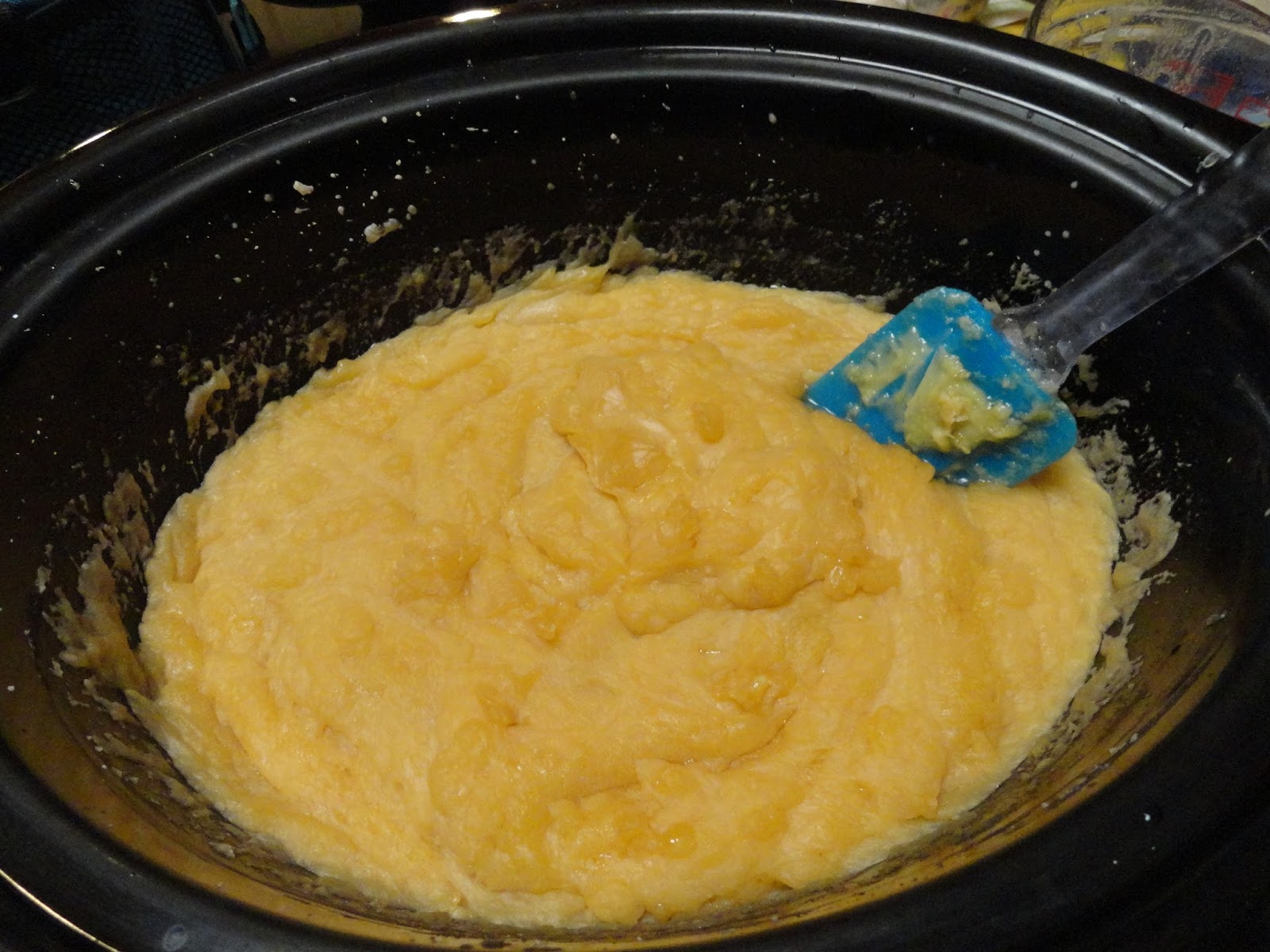Homemade Luxury Soap
Why buy homemade soap if you can just purchase the soap at the store
for much cheaper? Well, most so-called soaps at the store are synthetic
detergent bars or "beauty bars" and are full of harsh chemicals that
strip your skin of their natural oils, leaving it itchy and dry. Then
you need lotion and other products to fix the problem created by a harsh
soap in the first place. A lot of the big name soap companies out
there try to get you to believe their soaps are safe and natural for
your skin, but if you read the list of ingredients, you'll see it's a
whole different story.
To make real soap, you only need 3 ingredients:
lye, water, and a fat (oils, butters, etc.) which will leave you with
soap that has it's natural glycerin left intact. Commercial soap makers
remove most of the glycerin from their soaps and sell it to be used in
lotions and other beauty products. It's a great financial move for
them, but not good for the safety of the customer. Then they add
synthetic chemicals to make up for their inferior and harsh product to
make it lather more and moisturize, etc. You can look up most any
ingredient of concern, to find out the safety of it by going to the
Environmental Working Group's Skin Deep Database
and reading more about the potential hazards. Here is a list of some
of the ingredients from a popular soap company that is known for
supposedly being mild and great for sensitive skin and what most people
think of when they think of natural soap at the store.
This is what EWG says about some of them:
Cocamidopropyl Betaine - A synthetic surfactant used to
control viscosity and boost foaming and has been associated with
irritation and allergic contact dermatitis.
Tetrasodium EDTA - A chelating agent that is an organ system toxin and enhances the absorption of all the other chemicals into your body.
Tallow
- Rendered beef fat. May cause eczema and blackheads and is a cheap
source of fat to make soap. There is typically no way to know the
quality or source of the tallow being used, unless it's rendered from
the soap makers own cows, and isn't vegan friendly.
Sodium Lauroyl Isethionate
- A mild synthetic detergent, used for cleansing, emulsification and
degreasing. It may dry or irritate skin, especially sensitive skin.
Sodium Isethionate -A synthetic detergent which creates dense lather.
Stearic Acid
- Fat from cows and sheep and from dogs and cats euthanized in animal
shelters, etc. Most often refers to a fatty substance taken from the
stomachs of pigs. Can be harsh and irritating to the skin and not vegan
friendly.
Lauric Acid - Fatty acid used as an emulsifier in soaps.
Sodium Stearate - Fatty acid.
Sodium Cocoate - Saponified coconut oil.
Sodium Palm Kernelate - Saponified palm kernel oil.
There
are several other less harmful ingredients as well, but more
ingredients nonetheless. Does this sound safe and mild to you? In
contrast, we use high quality vegetable oils and unrefined shea butter,
making our soaps vegan friendly and excellent for your skin.
Here is our basic soap ingredients list for our olive oil and shea butter soaps:
Olive oil - Moisturizing and mild conditioning properties help to keep skin soft and supple.
Palm Oil - Makes for a nice and hard long-lasting bar with a rich and smooth creamy lather.
Coconut Oil - Wonderful cleansing ability with large, fluffy bubbles.
Unrefined Raw Shea Butter - Makes the lather silky smooth, and leaves your skin amazingly soft.
Sodium Hydroxide (lye - required for making soap)
Distilled Water - necessary to dissolve the lye
It's
very important to not only have high quality ingredients, but a
balanced percentage of ingredients used in the recipe. We believe our
recipe to make a perfectly balanced soap that has a creamy,
long-lasting fluffy lather, that will leave your skin soft and
nourished, not dry. The more you use our olive oil and shea butter
soaps, the better your skin feels over time and you too may get hooked
on them as many have already. If you have any questions about any of
our products just
Contact Us .
To
read more about our
olive oil soaps
, you can click here:
Our Homemade Olive Oil and Shea Butter Soaps
Melissa
(soap maker)
















